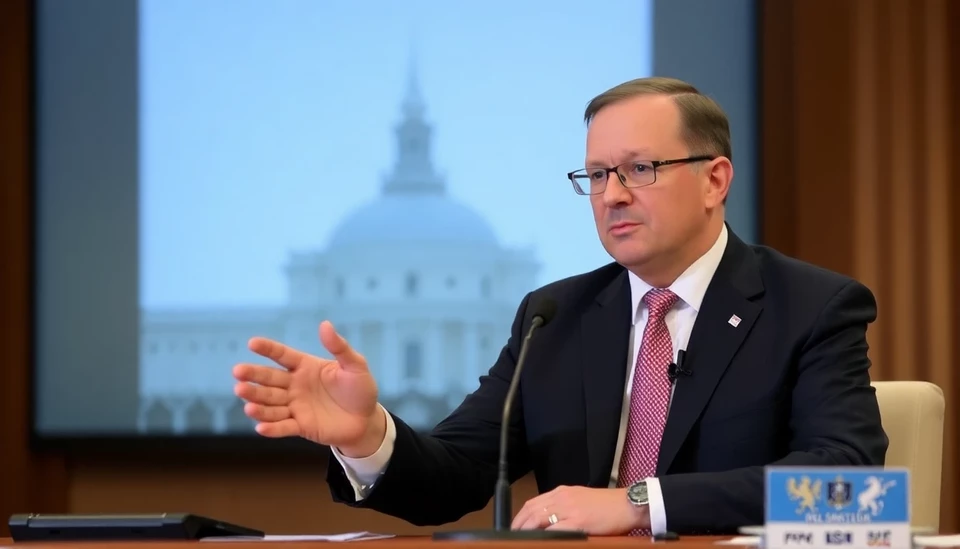
In a recent development from Poland's central banking sector, a key member of the Monetary Policy Committee (MPC), Jerzy Wnorowski, has indicated that discussions surrounding interest rate cuts are likely to begin in March 2024. This statement reflects a broader sentiment within the committee about the potential easing of monetary policy to support the nation’s economy.
Wnorowski, who has been a focal figure in ongoing debates regarding economic strategies, emphasized the importance of monitoring inflation trends and overall economic conditions before making definitive decisions. His comments come at a time when inflation rates in Poland are showing signs of moderation, allowing room for more accommodative financial policies.
The MPC's current stance has been shaped considerably by global economic dynamics, especially in light of changes from the European Central Bank (ECB) and other key economic players. As inflation in Poland has trended downward, there is a growing consensus within the committee that the economic environment may soon call for a revision of interest rates.
Wnorowski pointed out that starting discussions in March aligns with the MPC's schedule for reviewing economic indicators and projecting future trends. He stated, "While we need to remain cautious and vigilant about inflationary pressures, the data we are seeing now could justify a more dovish approach on interest rates." This could potentially allow the Polish economy to foster growth amidst an uncertain global backdrop.
Economists are closely watching these developments, as any adjustments to interest rates could significantly influence market sentiment and investment strategies in Poland. Rate cuts could lower borrowing costs for consumers and businesses, stimulating economic activity, but they must be balanced against the risk of re-igniting inflationary pressures.
The upcoming meetings will be crucial for evaluating the economic landscape further, with many stakeholders eager for clarity on the MPC's future policy directions. The anticipation surrounding March symbolizes not only a turning point for monetary policy in Poland but also reflects broader economic trends affecting Central and Eastern Europe.
As the situation unfolds, Wnorowski's insights will be pivotal in shaping the expectations for both investors and policymakers alike, guiding discussions on how to navigate the post-pandemic recovery phase.
In conclusion, the Polish Monetary Policy Committee is poised to engage in meaningful dialogues about interest rate adjustments as early as March, showcasing its commitment to responding proactively to economic shifts in the turbulence of the current global economy.
#PolishEconomy #InterestRates #MonetaryPolicy #JerzyWnorowski #InflationTrends #MPC #EconomicGrowth #CentralBanking #Poland
Author: Rachel Greene




